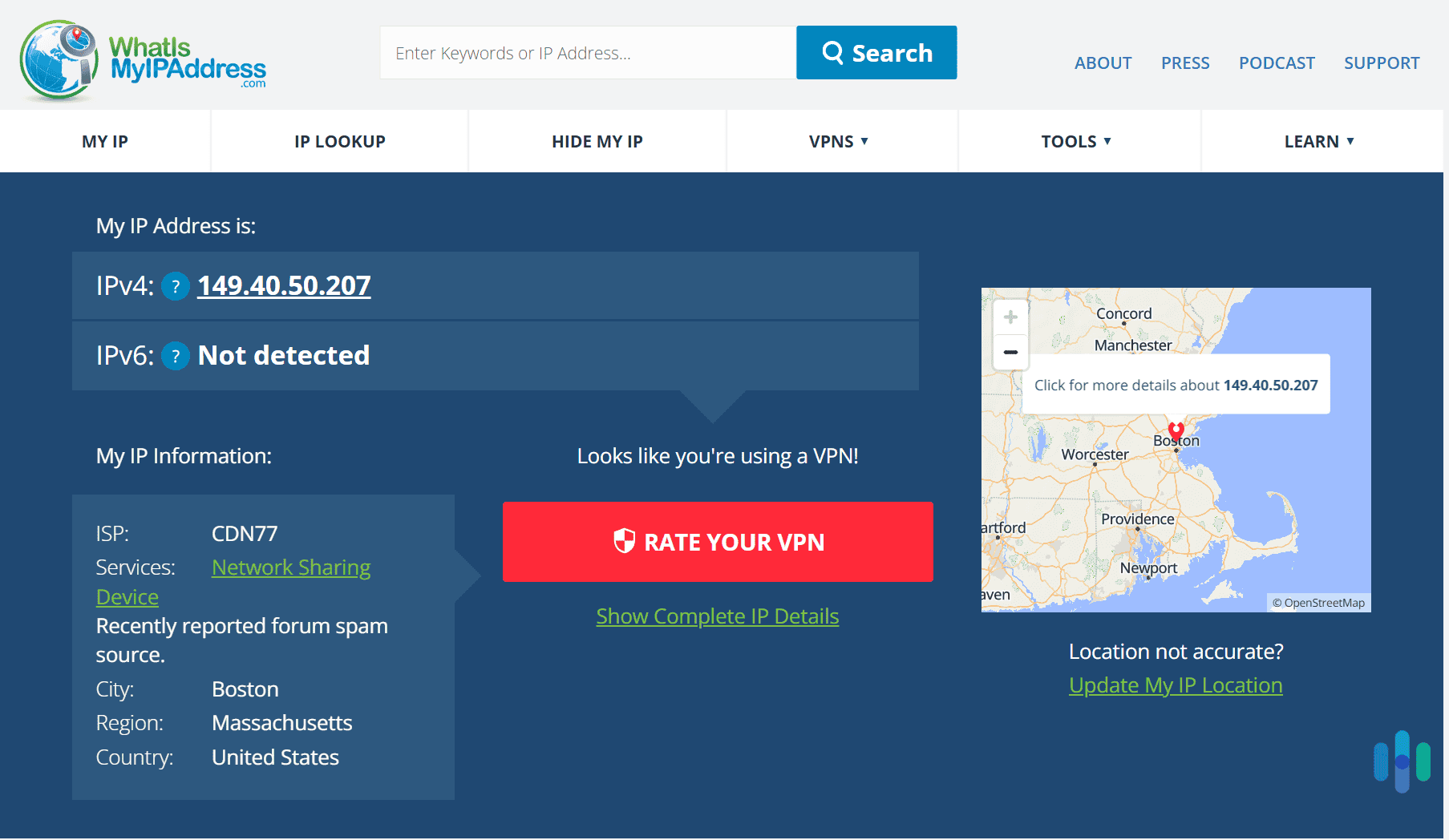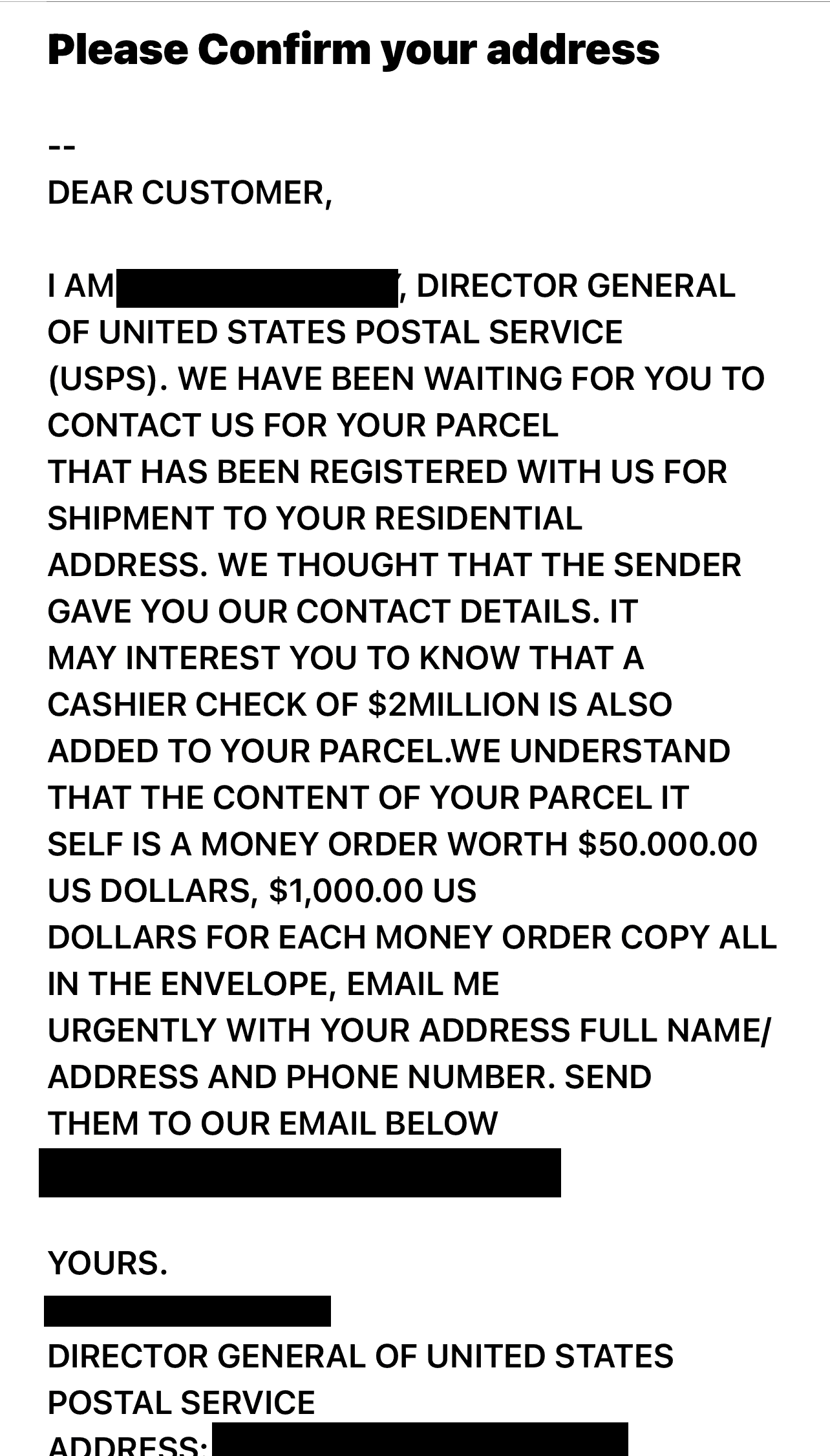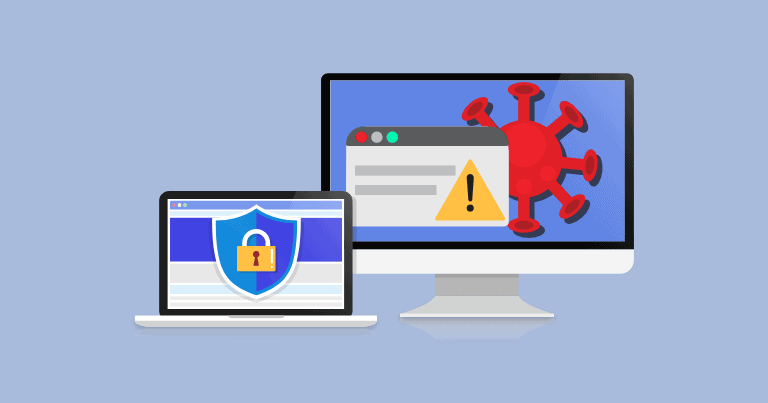Some people treat swatting as a prank, but there’s nothing funny about it. Swatting itself is a hoax, but it almost always results in tragedies. The victim can be left traumatized or even end up injured. In some cases, swatting can even lead to death.
In this guide, we’ll cover what swatting is and how it happens. In addition, we’ll provide tons of actionable tips that you can use to protect yourself from swatting.
Pro Tip: For a swatting incident to happen, the attacker needs to know the victim’s home address. More often than not, this information can be found (for free) on data broker sites. If you’re concerned about this, make sure to use a data removal tool, like Incogni. It will automatically remove your home address (alongside other personal information) from tons of data broker websites.
What Is Swatting?
Swatting is a type of harassment that involves someone making a false report to emergency services with the purpose of getting law enforcement to respond. In most cases, the false reports are severe enough that a SWAT team is sent to the person’s home, hence the term “swatting.”
Cases we’ve seen recently involve made-up scenarios that require urgency, such as domestic violence, hostage situations, active shooter threats, murders, self-harm, or bomb threats. Anyone can fall victim to swatting, but high-profile individuals — such as celebrities, influencers, politicians, and online streamers — have become popular targets.
How Swatting Works
Here’s a quick overview of how most swatting incidents happen:
- The attacker picks a target. Like we mentioned, it’s usually a public figure. Popular streamers tend to get targeted the most.
- The attacker finds out where the victim lives. This can be achieved by gathering personal data from the target’s social media channels or using data broker websites.
- The swatter contacts the police. Basically, the attacker dials 911 and claims there’s a serious situation (like a stabbing or hostage situation) at the target’s home address.
- An emergency response team is dispatched. This will usually be a SWAT team or any other armed law enforcement units.
- The police or tactical unit confronts the victim. They enter the victim’s home by force to confront the “threat.” The event itself is already traumatic to the victim, but it can go even further — resulting in injury or death.
Swatting vs. Doxxing
Swatting is when someone calls 911 and submits a false report about an active threat. The goal is to have the police send an emergency response team to a specific address — usually the home of a high-profile streamer, influencer, celebrity, or politician.
Doxxing, on the other hand, is a type of cyberbullying that involves collecting someone’s personal information (like their name, home address, or phone number) and making it public. Doxxing could be used to harass, intimidate or expose someone. Since it could involve revealing someone’s home address, doxxing could potentially lead to swatting.
>> Further Reading: 20 Crucial Cyberbullying Statistics
How to Prevent Swatting
Swatting can happen to anyone, but it predominantly targets high-profile individuals — especially popular Twitch and YouTube streamers. To address this, we’ve split the advice into two sections: the first one offers advice that anyone can use to protect themselves from swatting, while the second section focuses on tips specifically for streamers and influencers.
Swatting Prevention Tips for the General Public
1. Don’t Overshare Personal Information on Social Media
The less personal information you share publicly, the harder it is for someone to target you with swatting. For example, never post your phone number, email address, or home address on social media channels. Plus, you should also avoid using social media check-in features —while they won’t tell malicious actors your home address, they could give them an idea of the area where you live. We also advise against posting photos of your house or your neighborhood.
Even better, you should make your social media accounts as private as possible. If you need helpt, we have guides for Facebook and Instagram:
Did You Know: Swatting is harmful not only because it harasses the subject of the false report, but also because it wastes law enforcement resources and causes public disruption. In a recent swatting incident, the Monroe County Sheriff’s Office and Michigan State Police had to close off an entire block in response to a false active shooter report.1
2. Get Your Personal Data Off Of Data Broker Sites

A data broker is a company that collects tons of personal information on people and makes it searchable. Their records may include full names, email addresses, phone numbers, known relatives and associates, and even where you live. That’s why we recommend getting your records off of data broker sites by opting out.
However, opting out of such sites can take a lot of time if done manually. There are tools that can automate the process, though, called data removal services. Take a look at our list of the best data removal services if you’re interested – most of them can remove your data from hundreds of data broker sites with little to no effort from you.
3. Use Strong Passwords

If your passwords are weak, a malicious actor could compromise them and access your accounts. Once that happens, it won’t take long for them to find your home address. Instead of spending too much time discussing what a weak password is, we recommend just using our password health checker. Just type in your password and the tool will tell you if it’s very easy to crack or not. If you find that you’re using weak logins, we recommend using our password generator to quickly create a very secure password.
You should also consider using a password manager. This is a service that securely stores all of your passwords in an encrypted vault. It also auto-fills your login credentials when you access your account, so you never have to manually enter your passwords. There are tons of password managers on the market, so we recommend checking out our guide to the best password managers in 2025 to see which ones offer the best value.
>> Read More: America’s Password Habits
4. Secure Your Accounts With Two-Factor Authentication (2FA)

To be extra safe, you should enable 2FA on all of your accounts. Enabling this option means you’ll add an extra step to the login process. Basically, after you enter your username and password, you’ll also need to confirm the login attempt by entering a time-sensitive code. You can receive the code via an app (like Google Authenticator) or text message. We recommend using an authenticator app since it’s safer.
This way, even if a malicious actor manages to compromise your login credentials, they won’t be able to log into your accounts — not without having physical access to your phone, at least.
>> Find Out More: The Full Guide to Two-Factor & Multi-Factor Authentication
5. Hide Your IP Address

Your IP address doesn’t reveal your exact location, but it still provides information about your approximate geolocation. For example, someone could use it to find out what country and city you live in, what your ZIP code is, and who your ISP is. If they’re persistent enough, they could then use all of that information to determine what area you live in. To get your IP address, someone could use an IP logger too — these are online services that would allow someone to create a link, share it with you, and then track different analytics (including IP addresses) once you click on the link.
If you’re concerned about this and just want to be 100% safe, we recommend hiding your IP address. In our opinion, the best way to do that is with a VPN (Virtual Private Network). This is an online app that lets you access the web via a VPN server, making only the VPN’s IP address visible while keeping yours hidden. If you’re interested in trying out a VPN, we recommend checking out our list of the best VPN services in 2025.
>> Further Reading: What Can Someone Do With Your IP Address?
6. Get Antivirus Protection

An antivirus is security software that protects your device from malware-infected links and files. A malicious actor could try to trick you into clicking on a malicious link or downloading a malicious file. If they succeed, they could compromise your device and online accounts. They’d then have access to all the information they need to pinpoint your exact location.
Antivirus programs stop that from happening by detecting and blocking all malicious threats. Antivirus services also provide real-time protection, which means they scan your device 24/7. If they detect any threats, they immediately flag and quarantine them so that they can’t harm your system. If you’re interested in using an antivirus, we recommend reading our guide to the best antivirus programs in 2025.
>> Read More: The Complete 2025 Guide to Antivirus Protection
Fact: The Anti-Swatting Act was introduced in 2019, which aims to penalize “swatters” up to five years in prison or up to 20 years if the offense results in bodily injury.2
Swatting Prevention Tips for Streamers & Influencers
In addition to all of the tips we mentioned in the previous section, here are other measures that streamers or influencers can take to protect themselves from swatting:
- Don’t reveal your real name. Many Twitch streamers actually don’t share their real names with their viewers and just use a nickname instead.
- Use a PayPal business account. If you use PayPal for donations, we strongly recommend using a business account. Otherwise, PayPal could reveal your full legal name to people who make donations.
- Be careful when entering your passwords. Make sure that your keyboard isn’t visible on the stream when you enter your passwords. Similarly, you should also stop the stream when you enter your passwords, or do it on a separate monitor. Even better, use a password manager.
- Receive and open your mail at the post office. Get a private post office box if you receive gifts from your viewers. If you have them delivered home, everyone will know where you live. Also, we strongly recommend opening the gifts at the post office instead of taking them home to unbox them live. That’s because someone who wants to find out where you live could send you a box with gifts, and hide a GPS tracker in it.
- Contact your local police department. Tell them what you do for a living and that you might be a target for swatting attacks. Tell the police that if they get a call about an active threat at your home address, they should first contact you to confirm that it’s true. If the officer you talk to doesn’t take this seriously, you could always try calling your city’s non-emergency line to get help or information about what to do next.
- Get rid of ads. You don’t want your viewers seeing what ads pop up on your end, as some of them might be location-specific. These could help malicious actors determine your approximate location, such as the city you live in. Our favorite ad blocker is uBlock Origin, which blocks nearly all ads, including YouTube ads. However, it works best with browsers like Edge, Firefox, Opera, and Brave.
- Use a different browser when streaming. You shouldn’t use the browser you use for your personal online activities. Instead, install a new browser and use it only for your streaming activities.
- Stream from a different location. Not all streamers broadcast their content from home. Some of them actually rent office spaces to stream from. If you plan on doing this, make it clear to your viewers that you’re not streaming from home. But, of course, don’t let them know where you’re actually located. This way, even if a malicious actor finds your home address, it won’t be that valuable to them. Calling emergency services to the address wouldn’t be worth it from their perspective, as the swatting won’t be broadcasted live on camera (which is what the attacker wants).
- Don’t share personal details about your life with your viewers. You shouldn’t talk about where you live or your daily routine (for example, what shops, restaurants, or gyms you frequent). Also, avoid sharing pictures of your home with your viewers, or even doing house tours. Malicious actors could use tons of details to pinpoint your location. For instance, they could recognize a landmark or street that’s visible through your windows.
>> Related: How to Remove Your House Photos from the Internet
Recap
Swatting might be considered a ‘prank’ by some, but it’s actually a serious threat that can lead to injury and sometimes even death. Anyone can be targeted by swatting, but it’s usually popular streamers. That’s because the attacker generally wants the swatting incident to be caught live on camera.
Whether you’re a streamer or just worried about your safety, there are steps you can take to prevent a swatting attack. This includes not sharing personal information on social media, getting your data off of data broker sites, hiding your IP address, using a private post office box, and even contacting your local police department.
FAQs
-
Is swatting illegal?
Yes, as it involves false emergency reports. Swatting might be considered a misdemeanor in some states, but it can be prosecuted as a felony, especially if it leads to injury or death.
-
How do swatters get the victim’s home address?
Swatters could pinpoint a victim’s approximate address if they share too many personal details on social media or streams. They might also use an IP logger to obtain the victim’s IP address, then determine their city and ZIP code. Additionally, an attacker can find out where the victim lives by using data broker sites.
-
Can swatting happen to anyone?
Yes, though attackers usually target popular streamers. That’s mainly because they want the swatting incident to be caught live on camera.
-
Can a data removal tool protect me from swatting?
Yes, as a data removal service gets your personal information (including your home address) off of data broker websites. As long as that information is hosted on a data broker site, anyone can access it for free.






